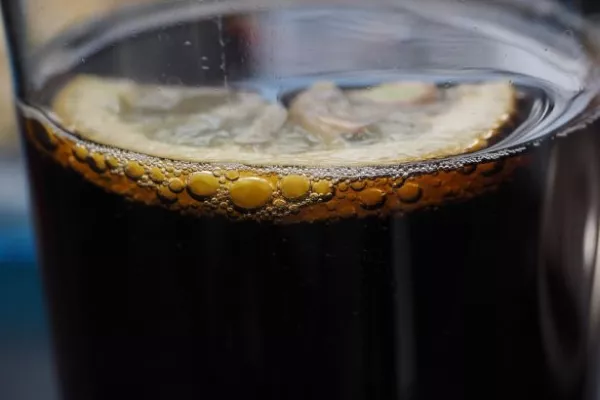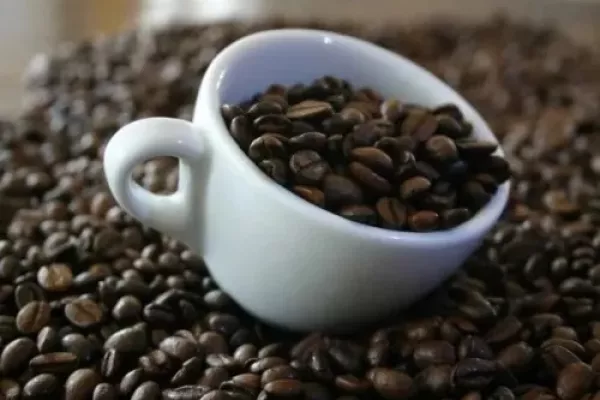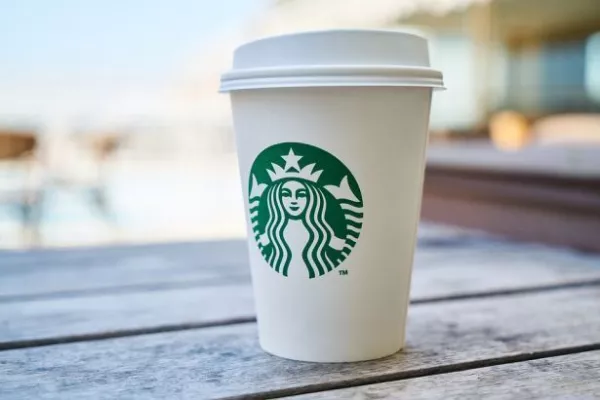Coca-Cola's incoming CEO has his work cut out for him to bring the 130-year-old company into a millennial-dominated era.
James Quincey, who takes over as chief executive officer next year, is under pressure to dramatically cut the calories of Coca-Cola’s lineup -- a move necessitated by shifting consumer tastes and anti-obesity efforts. And he can’t rely as much on the current crop of artificial sweeteners to get the job done, since many customers have turned away from aspartame and other additives.
The 51-year-old executive, who currently serves as Coca-Cola’s chief operating officer, also has pledged to modernize the company’s marketing and distribution at a time when more shoppers are researching and buying products online. And shares of the Atlanta-based company have lagged behind those of PepsiCo Inc. and the broader market this year.
“He will push toward healthy,” said Jack Russo, an analyst at Edward Jones. He’ll probably “get the core company focused on doing what it needs to do, and that’s new products, innovation -- maybe better marketing.”
Consumers in the U.S. and other developed markets are eschewing sugar and artificial ingredients, forcing Coca-Cola to diversify its product offerings. The company is relying less on soda and pushing into healthier segments, including ready-to-drink coffee, plant-based protein drinks, cold-press juices and dairy. As operating chief, Quincey also has promoted smaller package sizes for soft drinks -- an effort that has cut calories per purchase and improved profit margins.
The company already has 200 reformulations in the works that are aimed at reducing the sugar content of its existing products. Fanta and Sprite with 30 percent less sugar are on shelves in the U.K., and a new version of Coca-Cola Zero Sugar has been introduced in several markets. As he settles into the CEO job, Quincey plans to accelerate efforts to develop new products.
“Smaller packages, less sugar, more variants, better marketing,” he said on a conference call Friday. “We’re going to adapt to the changing customer landscape.”
‘Realistic Lens’
Though current CEO Muhtar Kent was seen as a diligent steward of the brand, Quincey looks at Coca-Cola’s problems through a more “realistic lens,” said Vivien Azer, an analyst at Cowen & Co.
He is “much more transparent about the challenges that Coke faces -- in terms of concerns around their products, in particular both sugar and aspartame,” she said.
The stakes are high: Per capita consumption of carbonated soft drinks fell to a 30-year low in the U.S. in 2015, according to Beverage Digest, a trade publication.
Coca-Cola’s stock has declined 2.2 percent this year, compared with a 11 percent gain for the Standard & Poor’s 500 Index. PepsiCo is up 3.7 percent in that time frame.
Calories are a bigger concern for consumers these days, but the beverage industry has been slow to slim down its drinks so far. The intake of calories from beverages dropped just 0.2 percent in 2015, according to a report released last month by consulting firm Keybridge LLC.
Product Blitz
To get back in consumers’ good graces, Coca-Cola is going to accelerate product development -- even beyond its blitz of new drinks in recent years.
“That pace in the next 10 years is just going to continue to increase,” Kent said on Friday.
Many of Coca-Cola’s billion-dollar brands are now waters and other still beverages - as opposed to solely its hallmark sparkling drinks.
The British-born Quincey has spent two decades at Coca-Cola, where he previously ran the company’s European group and Mexican division. He also led the 2009 acquisition of Innocent juice, a brand that’s now sold in more than 14 countries.
Upstart Brands
Coca-Cola’s makeover may involve more acquisitions of upstart brands, Quincey said.
Already, the company has made investments in juice company Suja Life LLC, aloe-water maker L.A. Aloe LLC and dairy company Fairlife. And it’s teaming up with Dunkin’ Donuts to sell more bottled iced coffee.
Its rivals also are making deals to expand further into healthy drinks.
Dr Pepper Snapple Group Inc. agreed last month to buy Bai Brands for $1.7 billion, snapping up a maker of fruit-flavored, antioxidant-infused beverages. PepsiCo, meanwhile, is acquiring KeVita, which makes fermented probiotic and kombucha beverages.
“There’s been a big broadening of the portfolio,” Quincey said. “We’d like to go faster.”
News by Bloomberg, edited by Hospitality Ireland









